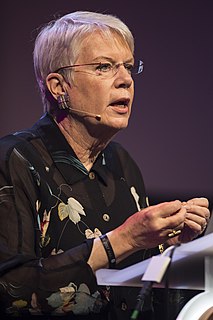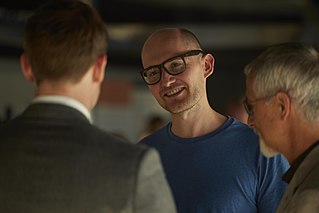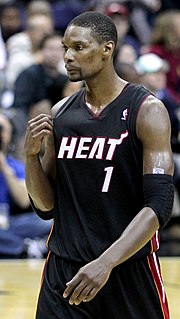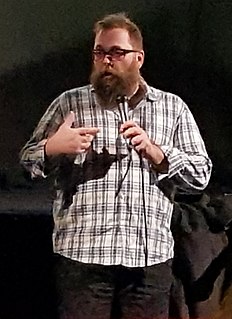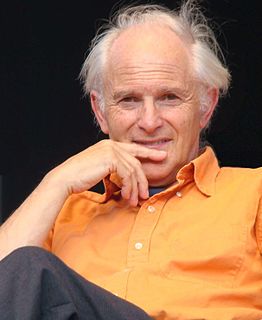A Quote by Debra Fischer
Prebiotic chemistry on other worlds is going to be common. Plenty of small rocky planets will have similar chemistry. It's almost a given.
Related Quotes
I, like almost all chemists I know, was also attracted by the smells and bangs that endowed chemistry with that slight but charismatic element of danger which is now banned from the classroom. I agree with those of us who feel that the wimpish chemistry training that schools are now forced to adopt is one possible reason that chemistry is no longer attracting as many talented and adventurous youngsters as it once did. If the decline in hands-on science education is not redressed, I doubt that we shall survive the 21st century.
You know, what is team chemistry? My opinion is when you have enough people who care about winning and enough people who losing affects. That's what chemistry means to me. It doesn't necessarily mean you're going to win, but you're going to have enough people on the same page. It's almost impossible, I think, to get everyone on the same page, but it's gotta mean something to you.
We are made out of stardust. The iron in the hemoglobin molecules in the blood in your right hand came from a star that blew up 8 billion years ago. The iron in your left hand came from another star. We are the laws of chemistry and physics as they have played out here on Earth and we are now learning that planets are as common as stars. Most stars, as it turns out now, will have planets.


